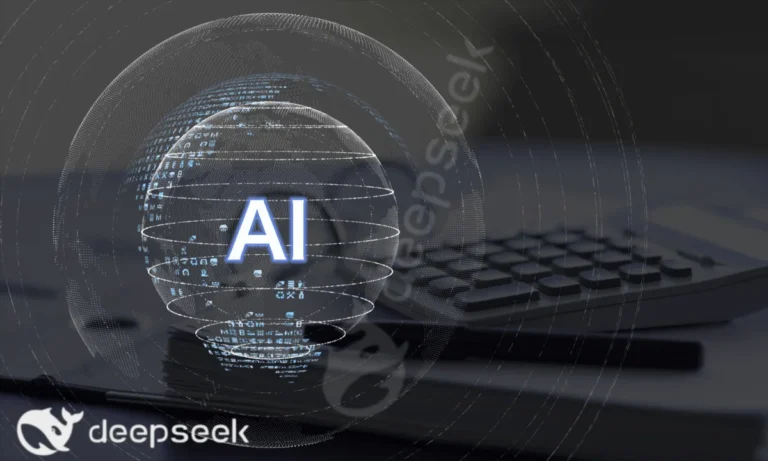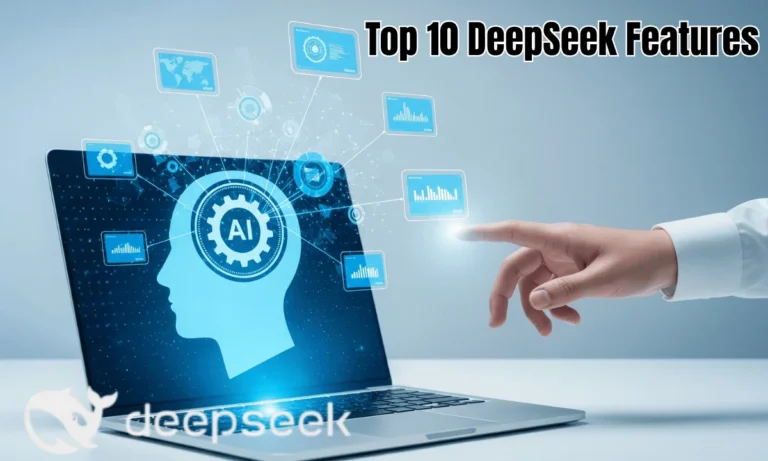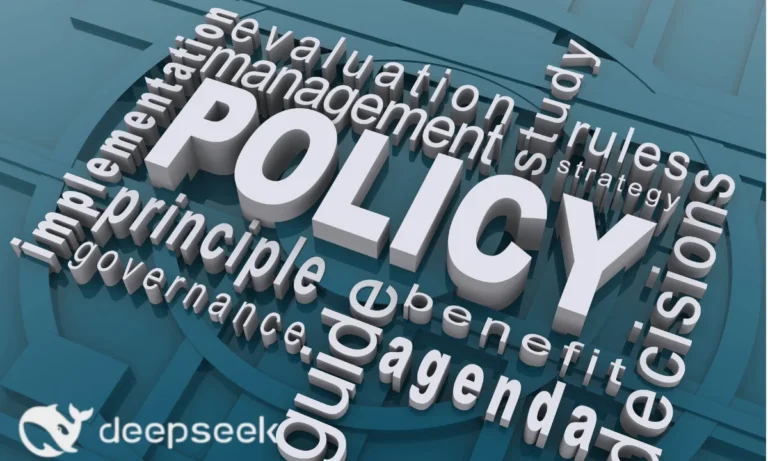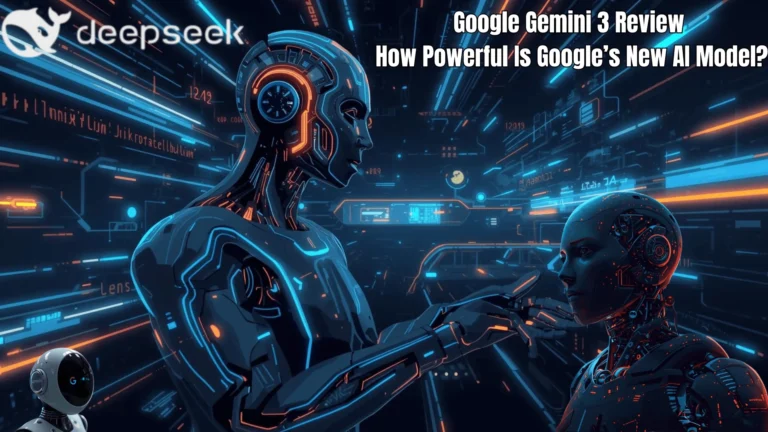AI and Mental Health: Ethical Implications of Emotional Recognition
AI and Mental Health
AI and Mental Health: Intelligence (AI) has rapidly transformed healthcare, education, and even daily communication. One of the most significant emerging fields is AI-driven emotional recognition—technology that identifies, interprets, and responds to human emotions. When applied to mental health, emotional recognition AI has the potential to assist in early diagnosis, improve therapy, and provide support for individuals who may not have access to traditional healthcare services.
However, this innovation also raises several ethical concerns. From privacy issues to algorithmic biases, the implications of using AI for mental health monitoring and treatment demand careful consideration. In this article, we will explore how emotional recognition AI works, its potential benefits in mental health care, and the ethical challenges that must be addressed to ensure safe and fair use.
The Dark Side of AI: Mitigating Risks for Pakistani Organizations
What is Emotional Recognition AI?
Emotional recognition AI uses machine learning, facial recognition, voice analysis, and natural language processing (NLP) to detect a person’s emotional state. For example:
- Analyzing facial expressions to identify signs of stress, sadness, or anxiety.
- Using tone of voice to assess frustration, depression, or excitement.
- Examining word choice in text messages or conversations to detect emotional distress.
These technologies are increasingly used in telehealth platforms, mental health chatbots, workplace wellness apps, and even schools to monitor emotional well-being.
DeepSeek’s Transparency Report: How We Protect User Data
Benefits of Emotional Recognition in Mental Health
1. Early Detection of Mental Health Issues
AI-powered emotional recognition can spot subtle signs of depression, anxiety, or other disorders before they become severe. By identifying patterns in speech, expressions, or behavior, such systems may alert healthcare providers or caregivers to intervene early.
2. Expanding Access to Mental Health Support
Millions of people worldwide lack access to psychologists or counselors. AI-based emotional recognition chatbots can provide 24/7 support, offering coping strategies and directing individuals to professional help when necessary.
3. Reducing Stigma in Mental Health
Many people hesitate to seek therapy due to stigma. Emotional recognition AI provides a judgment-free space, encouraging individuals to share feelings without fear of being misunderstood or judged.
4. Personalized Therapy and Treatment Plans
By continuously tracking emotional states, AI can help therapists design personalized treatment plans. For instance, a therapist could review emotional data collected between sessions to understand patient progress more deeply.
AI Surveillance: Balancing Security and Privacy in Pakistan
Ethical Implications of Emotional Recognition in Mental Health
While the benefits are promising, the use of AI in such a sensitive area comes with serious ethical concerns.
1. Privacy and Data Security
Mental health data is among the most sensitive personal information. Emotional recognition requires constant data collection through facial scans, voice recordings, and personal conversations. If mishandled, this data could be leaked, misused, or sold to third parties.
Ethical Question: How can we ensure emotional recognition systems protect user privacy and prevent exploitation?
2. Accuracy and Algorithmic Bias
AI models often reflect the biases present in their training data. Emotional recognition systems trained primarily on data from one demographic may misinterpret emotions in others. For example, a smile in one culture may not carry the same meaning in another.
Ethical Question: Can AI ever achieve fairness and cultural sensitivity in detecting emotions across diverse populations?
3. Consent and Transparency
Users may not always be aware that their emotions are being analyzed. In workplaces or schools, emotional recognition technology could be implemented without explicit consent, raising serious ethical concerns about autonomy and choice.
Ethical Question: Should individuals always have the right to opt out of emotional surveillance?
4. Emotional Manipulation
There is also a risk of AI being misused for emotional exploitation. For instance, companies might use emotional recognition to manipulate consumer behavior through targeted advertising, or employers might track employee emotions to increase productivity.
Ethical Question: Where should we draw the line between supportive monitoring and manipulative exploitation?
5. Over-Reliance on Technology
While emotional recognition AI is powerful, it cannot replace human empathy. Over-reliance on AI-driven therapy or monitoring could reduce human-to-human connection, which is a crucial element of mental health care.
Ethical Question: How can AI complement rather than replace human therapists and caregivers?
Data Privacy in the Age of AI: What Pakistan Needs to Know
The Path Forward: Building Ethical Emotional Recognition AI
To ensure emotional recognition AI benefits mental health without violating ethical standards, several steps must be taken:
- Strict Data Protection Policies – Governments and organizations must enforce strong privacy laws to safeguard mental health data.
- Informed Consent – Users should always know when and how their emotions are being tracked, with clear opt-in options.
- Bias Mitigation – Developers must train AI on diverse datasets to reduce cultural, gender, and racial bias.
- Transparency and Accountability – Companies should be transparent about how emotional recognition algorithms work and who has access to the collected data.
- Human Oversight – AI should support therapists, not replace them. Emotional recognition must be used as a tool for assistance, not as a decision-maker.
Bias in AI: How DeepSeek is Tackling Algorithmic Fairness
Conclusion
AI-driven emotional recognition offers groundbreaking opportunities for improving mental health care. From early diagnosis to personalized therapy, it holds the promise of making psychological support more accessible and effective. However, without addressing the ethical implications—privacy, bias, consent, manipulation, and over-reliance—the risks could outweigh the benefits.
For emotional recognition AI to truly benefit society, it must be developed responsibly, with human dignity, transparency, and fairness at its core. By finding the right balance between technological innovation and ethical safeguards, we can harness AI to support mental health without compromising trust or well-being.
AI and Cultural Preservation: Saving Pakistan’s Heritage with Tech







